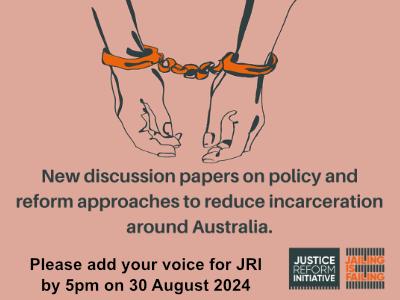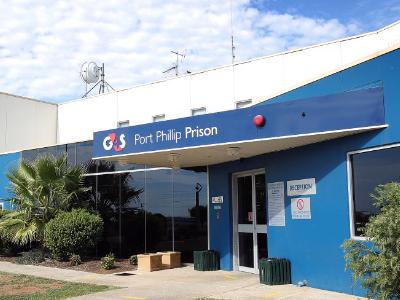PowerPoint
for presentation on 'Applied economic analysis for justice reinvestment
in Australia' at the ANZSOC Conference held in Melbourne on 07 December
2023.PowerPoint
for presentation on 'Relationship between health and deaths in custody'
at the ANZSOC Conference held in Melbourne on 07 December 2023PowerPoint
for presentation on 'Relationship between health and deaths in custody'
at the ANZSOC Conference held in Melbourne on 07 December 2023PowerPoint
for presentation on 'Relationship between health and deaths in custody'
at the ANZSOC Conference held in Melbourne on 07 December 2023PowerPoint
for presentation on 'Relationship between health and deaths in custody'
at the ANZSOC Conference held in Melbourne on 07 December 2023













































